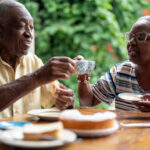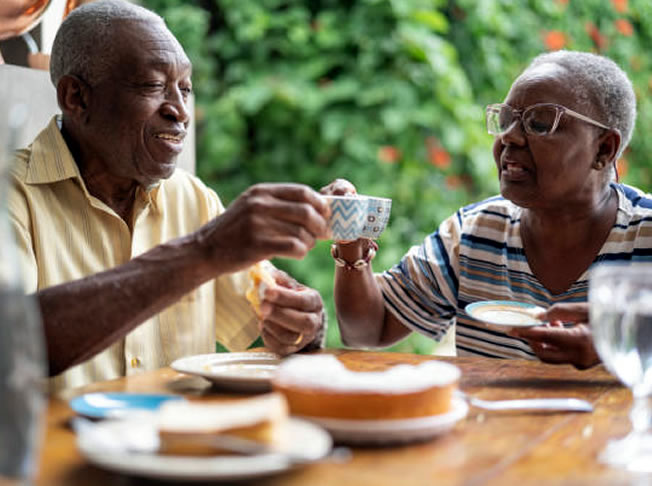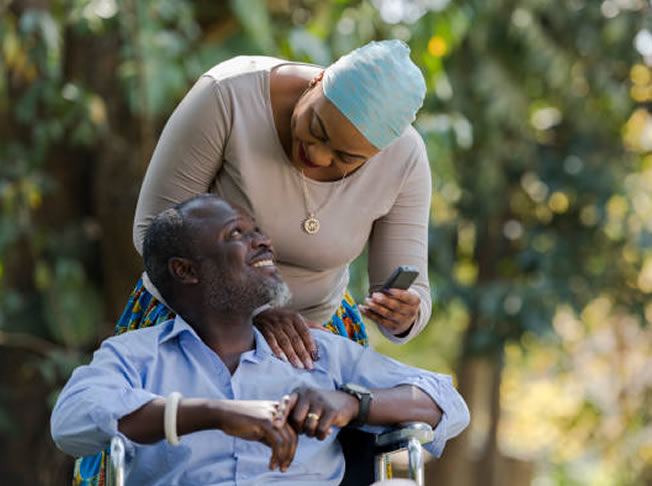
Nutrition and Lifestyle Tips for the Elderly
July 4, 2025Caring for elderly parents is one of life’s most meaningful responsibilities, but it is also one of the most challenging. In Ghana, where family has always been the cornerstone of elder support, today’s realities are shifting. Urban migration, demanding careers, and the rise of chronic illnesses mean many families struggle to balance caregiving with daily responsibilities. This article explores the challenges Ghanaian families face, offers practical tips, and highlights how professional homecare services can bridge the gap.
The Challenges of Elderly Care in Ghana
For many Ghanaian families, providing care for elderly parents is complicated by modern lifestyles. Adult children often live far from home due to work or migration, leaving aging parents with limited support. Even when families live close by, busy work schedules and household responsibilities make it difficult to provide consistent attention.
At the same time, chronic illnesses such as hypertension, diabetes, arthritis, and dementia are becoming more common among Ghana’s elderly. These conditions require specialized care and patience that most families are not trained to provide. The result is a growing struggle between the cultural duty to care for parents and the practical limitations of modern life.

Balancing Work, Caregiving and Finances
One of the heaviest burdens families face is balancing caregiving with financial and professional responsibilities. Providing daily support can mean taking time off work, managing hospital visits, or paying for medications—expenses that quickly add up. For diaspora families, this financial strain is even greater, as they must balance remittances with their own living costs abroad.
The emotional cost is also significant. Many caregivers experience guilt, stress, and even burnout as they try to juggle their responsibilities. Yet, involving siblings in shared caregiving, setting aside small budgets for health emergencies, and seeking community resources can help ease these pressures. Families must remember that caring for parents should not mean sacrificing their own well-being.
Practical Steps Families Can Take



